The CDC Is Begging People to Stop Cuddling Chickens
Snuggling and smooching your poultry may end in salmonella.

The Centers for Disease Control and Prevention estimates that 1.2 million Americans contract salmonella every year. The cause is usually food: meat, dairy, or vegetables that contain traces of feces from a salmonella-infected animal.
But lately, more and more people are getting salmonella from an entirely different source: showing too much love for their backyard chickens. Last year, 23 percent of the people who reported contracting salmonella from homegrown fowl had recently kissed their chickens (seven percent) or snuggled them (16 percent).
Those stats come from Dr. Megin Nichols, who investigates salmonella and E. coli outbreaks at the CDC. Chicken petting and snuggling, it turns out, are high-risk behaviors. While salmonella tends to be associated with industrial food systems, even backyard chicken coops have the potential to be contaminated, Nichols explains.
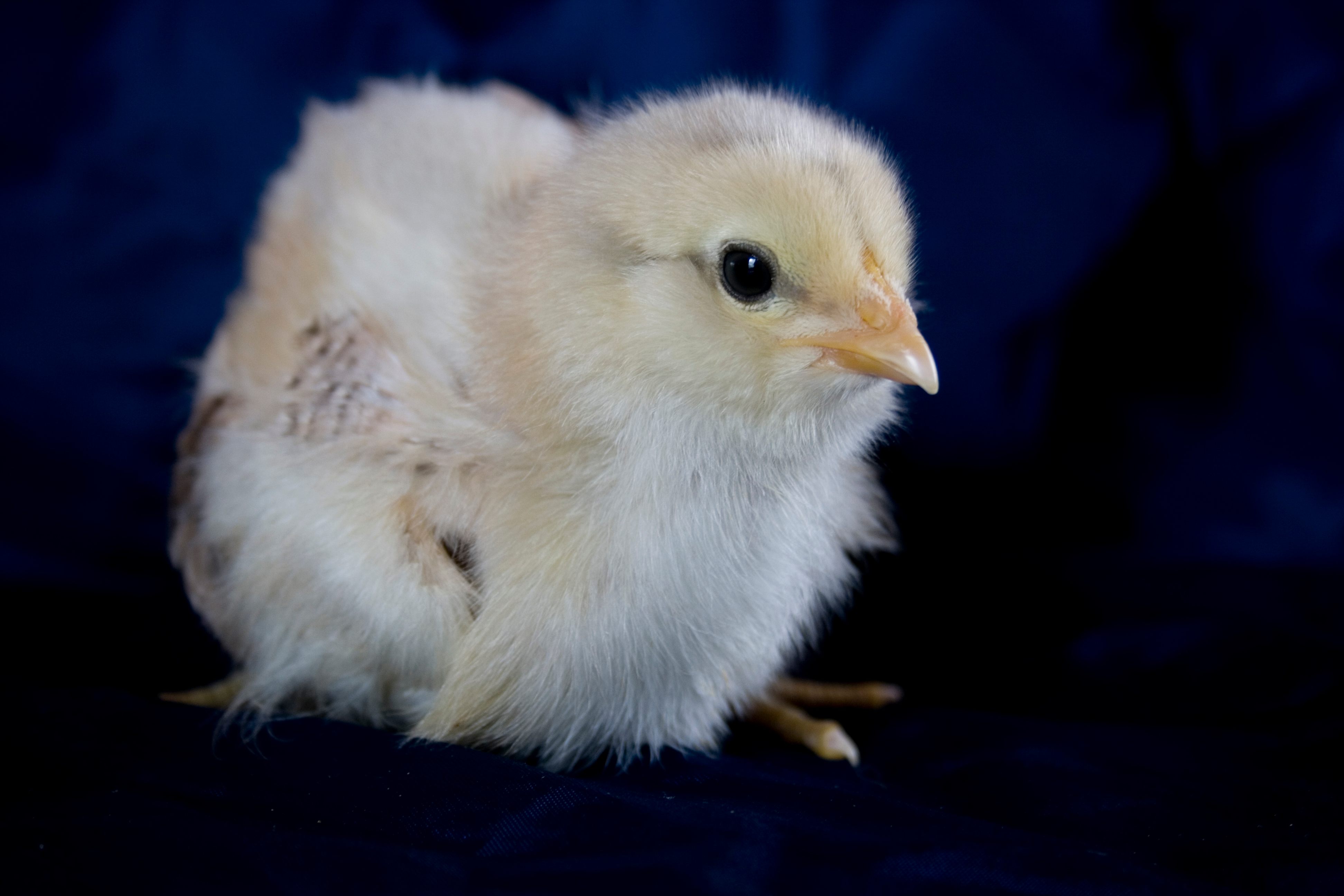
“When chickens poop or excrete any fecal matter, it gets in the dirt and dust,” she says. Chickens themselves can pick up salmonella germs from their favorite activities: dust baths and pecking at dirt. Or, they can be born with the bacteria. Young animals, especially baby chicks, have an even higher likelihood of carrying salmonella, which can be present anywhere on their bodies. “Although the chick might look healthy and clean, and people want to kiss and snuggle it, the chick does have germs and people can get sick that way,” Nichols says.
Chickens don’t actually show outward signs of being contaminated, since long-ago adaptations mean the bacteria doesn’t harm them. Often, humans come into contact with salmonella as they clean coops or gather eggs. Then, after touching their mouths or faces, ingested germs can cause fever, diarrhea, and in severe cases, death.
Recently, the surging popularity of backyard coops has resulted in more instances of salmonella illnesses and outbreaks. According to Nichols, people new to owning chickens might not be aware of the hazards of cuddling. Last year had the highest number of salmonella cases from poultry ownership yet, with more than a thousand people reporting getting sick across 48 states and the District of Columbia. Plus, Nichols says, the CDC estimates that only one in 30 cases of salmonella are reported, meaning the problem is much larger.
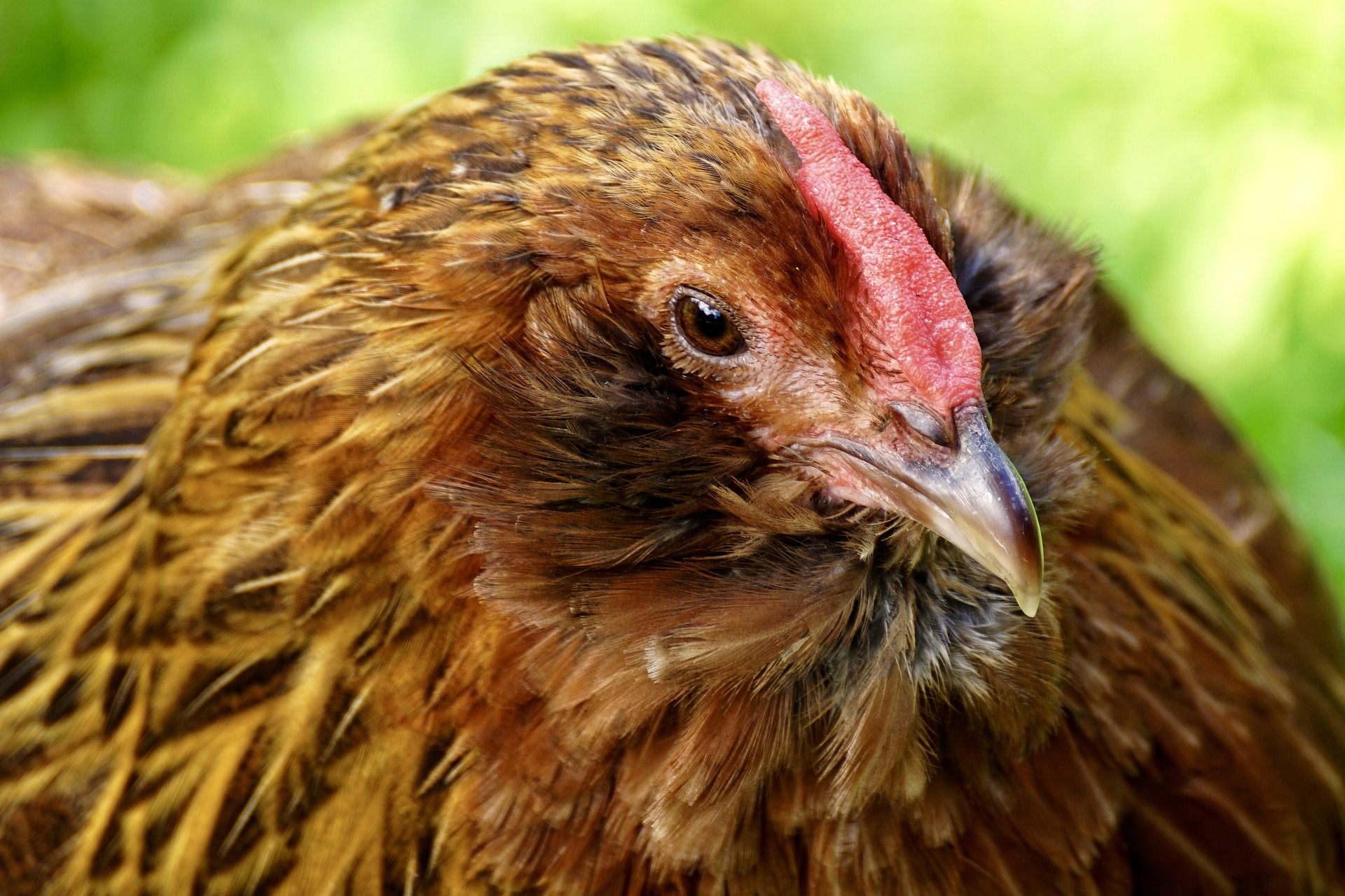
Chickens as indoor pets, rather than just egg-layers, are also becoming more and more popular. Swaddled in colorful diapers, they’re allowed to roam free inside homes. But poultry ownership can put certain people at greater risk, especially those with more vulnerable immune systems, children under five, and the elderly. Outdoor housing for chickens is essential, Nichols says. “Oftentimes we’ll hear stories of people keeping live poultry in the bathtub.”
Springtime is the beginning of salmonella season for chicken owners, as people plan on incorporating fowl into their yards or buying them for Easter (though the CDC firmly discourages buying baby chicks as holiday gifts). There are plenty of simple ways to make chicken ownership safer, says Nichols, including wearing different shoes when going inside coops and rigorously washing after handling chickens. And absolutely no kissing them.
Gastro Obscura covers the world’s most wondrous food and drink.
Sign up for our email, delivered twice a week.





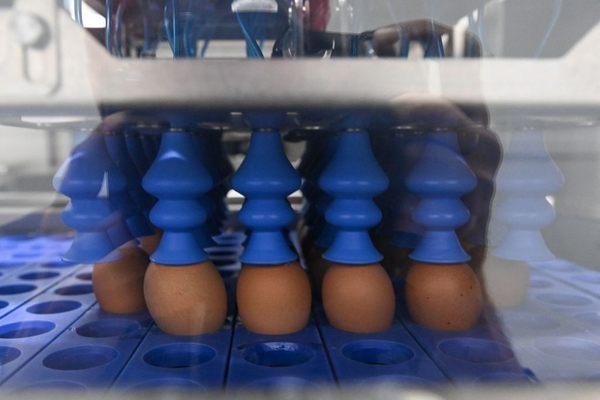


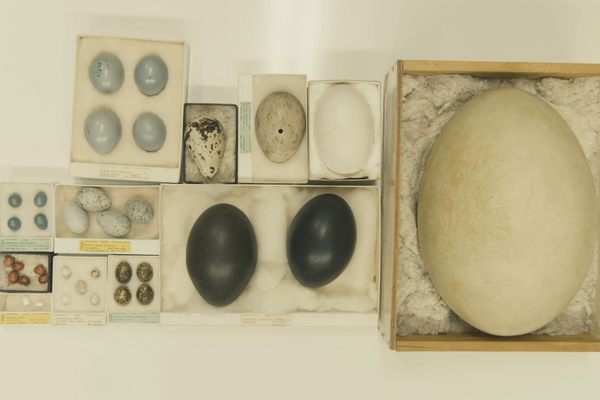
















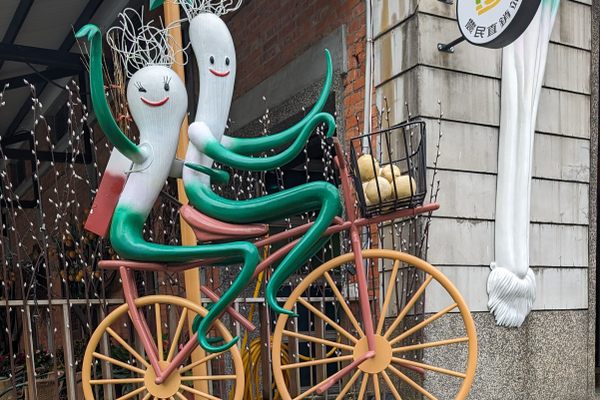


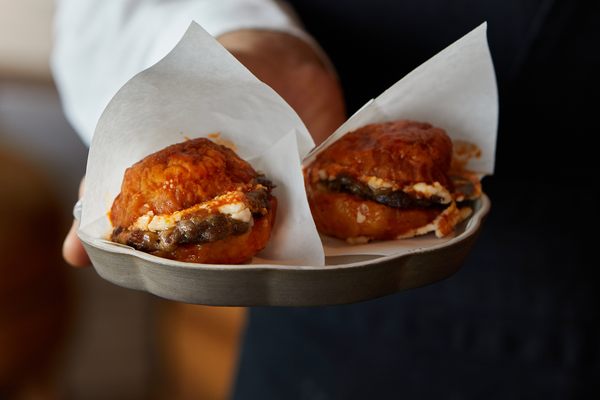




Follow us on Twitter to get the latest on the world's hidden wonders.
Like us on Facebook to get the latest on the world's hidden wonders.
Follow us on Twitter Like us on Facebook